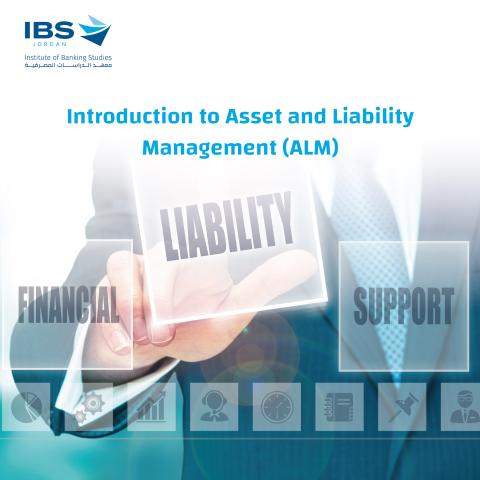
By the end of this training course, trainees will be able to :
- Describe ALM concepts, techniques, and strategies.
- Apply ALM principles and tools to manage financial risks in their organizations effectively.
- Comply with regulatory requirements and guidelines related to ALM.
- Communicate ALM-related issues and strategies to stakeholders.
- Professionals working in the financial industry, particularly those involved in asset and liability management (ALM) functions in banks, insurance companies, and other financial institutions. This could include ALM managers, treasury staff, risk managers, financial analysts, and other professionals involved in managing financial risks and ensuring the institution's financial health.
- Regulators, auditors, and consultants who work with financial institutions and need to have a thorough understanding of ALM practices and strategies.
- Professionals working in the financial industry, particularly those involved in asset and liability management (ALM) functions in banks, insurance companies, and other financial institutions. This could include ALM managers, treasury staff, risk managers, financial analysts, and other professionals involved in managing financial risks and ensuring the institution's financial health.
- Regulators, auditors, and consultants who work with financial institutions and need to have a thorough understanding of ALM practices and strategies.
- Definition of ALM:
- Importance of ALM.
- Regulatory requirements and guidelines.
- Asset Management:
- Types of assets and their characteristics (e.g. liquidity, market risk).
- Asset pricing and valuation techniques.
- Portfolio management and optimization.
- Liability Management:
- Types of liabilities and their characteristics (e.g. interest rate sensitivity, prepayment risk).
- Liability pricing and valuation techniques.
- Funding strategies and sources.
- ALM Framework and Strategies:
- ALM framework and process.
- ALM strategies (e.g. gap analysis, duration matching, cash flow matching).
- Stress testing and scenario analysis.
- ALM in Practice:
- ALM in different types of financial institutions (e.g. banks, insurance companies).
- Case studies and examples of ALM implementation.
- ALM reporting and communication.
- Advanced Topics in ALM:
- Behavioral finance and its impact on ALM.
- ALM in the context of mergers and acquisitions.
- ALM and capital management.
- Future trends and challenges in ALM.
